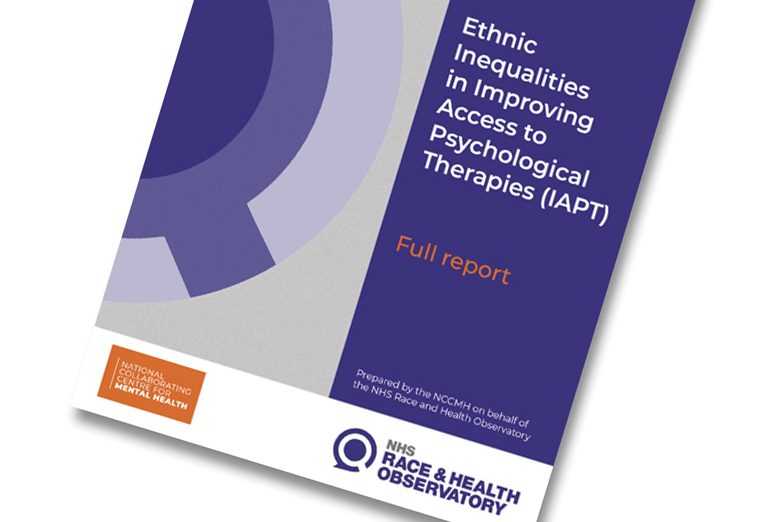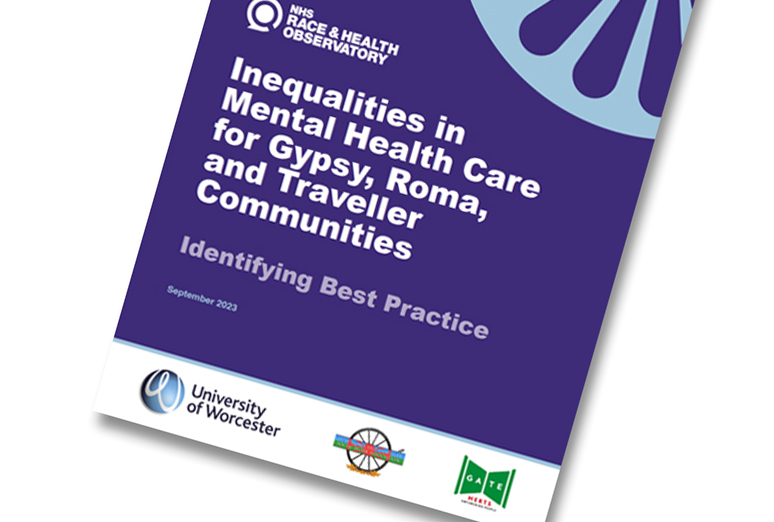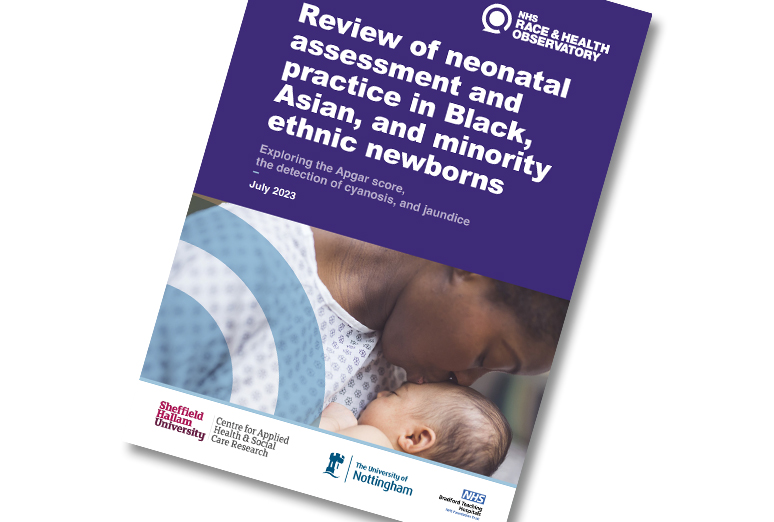
Invitation to tender: Small grants programme
An opportunity to work with us to develop and deliver a pilot small grants programme for community organisations tackling health inequality.
Comment and analysis on key issues on ethnic health inequalities in health and social care.

An opportunity to work with us to develop and deliver a pilot small grants programme for community organisations tackling health inequality.

A 16-month programme aimed at closing the ethnicity gap in bullying, harassment and abuse claims has been announced by the NHS Race and Health Observatory.

Responding to the government’s new measures outlined to tackle antisemitism and racism across government and the NHS, Professor Habib Naqvi, chief executive of the NHS Race and Health Observatory, said:

A landmark independent review of services provided by NHS Talking Therapies has identified that psychotherapy services need better tailoring to meet the needs of Black and minoritised ethnic groups.

The Care Quality Commission’s latest report is yet another reminder of the stark inequalities that persist in healthcare access, experience and outcomes across for Black, Asian and ethnic minority people.

Gypsy, Roma and Traveller communities face some of the most stark inequalities in access to healthcare in England and remain subject to dire mental health outcomes.

The government’s published interim report on its upcoming major conditions strategy – styled as a ‘case for change’ – sets out a framework for onward development of its strategy, and insights gathered from many months of engagement.

A new pilot project aimed at increasing the number of Black, Asian and ethnic minority patients taking part in potentially life-enhancing breast cancer clinical trials has been announced today, 31 August.

Health inequalities experienced disproportionally by Jewish communities in England will be addressed in new research announced today (31 July 2023) by the NHS Race and Health Observatory.

People with a learning disability from Black, South Asian (Indian, Pakistani or Bangladeshi heritage) and minority ethnic backgrounds face shorter life expectancy triggered by poorer healthcare access, experience and outcomes.

Tests that indicate the health of newborns, moments after birth, are limited and not fit-for-purpose for Black, Asian and ethnic minority babies, and need immediate revision according to the NHS Race and Health Observatory.

The Windrush Generation endured the worst of racism and anti-blackness. It wasn’t just the ‘colour bar’ ‘that they endured but the ongoing issues of the impact of empire and colonisation. And we need to recognise, too, that racism and injustice can still be experienced today.